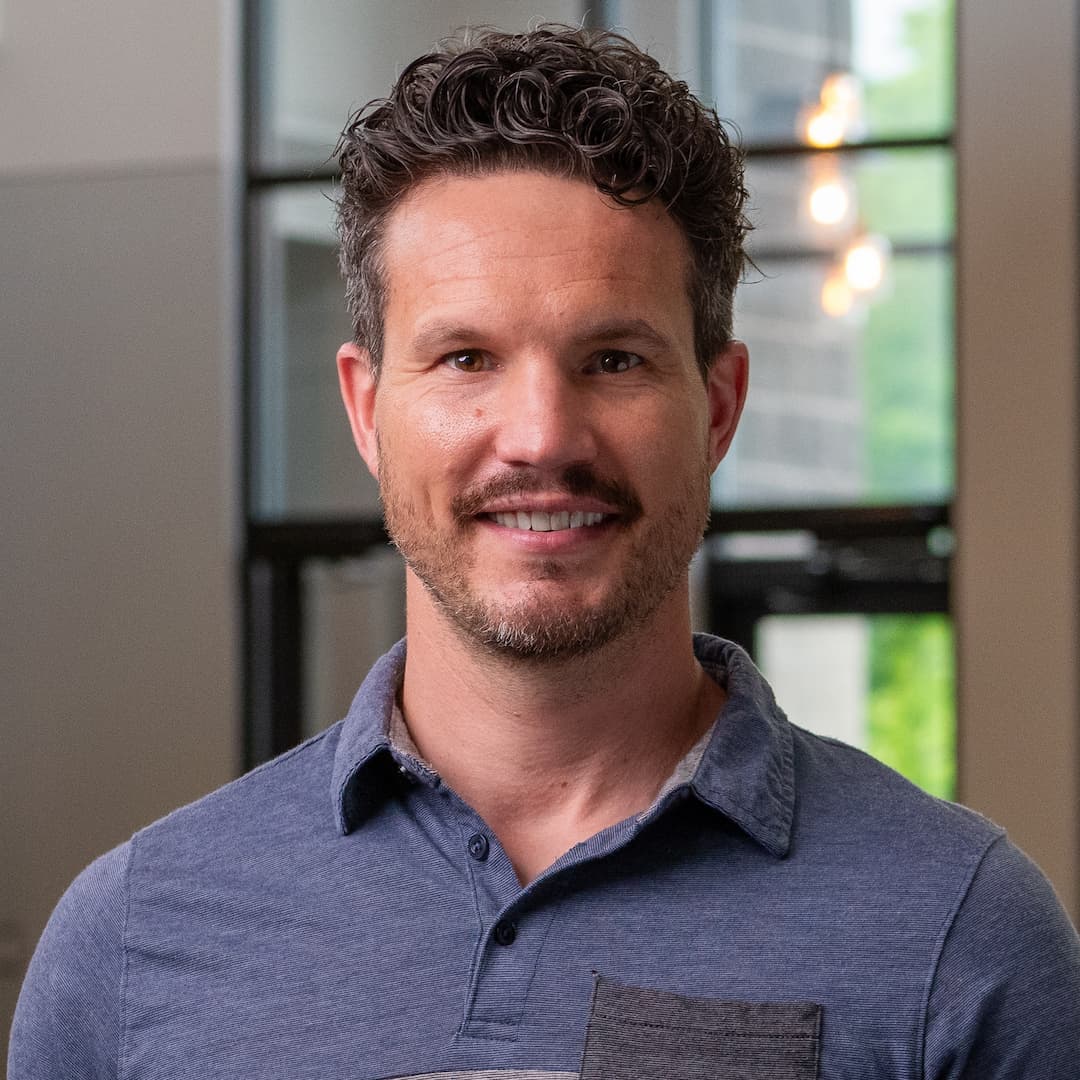The word disciple literally means learner. Disciples are those who are learning from Jesus, how to be like Jesus, by doing life with Jesus.
Reading is a spiritual practice that can help aid in our discipleship. Reading helps expose us to new ideas and insights, challenges existing assumptions and convictions, prompts self-reflection and examination, and helps us to think more critically and deeply.
Below is a list of favorite books from 2021 compiled by our staff team. Note that these books were not necessarily published in 2021, just books that we happened to read in 2021.
Additionally, note that recommending a book does not mean we agree with everything in the book. We believe that considering different perspectives, even those with which we might disagree, can help us further clarify our own beliefs, values, and practices.
In other words, we encourage people to read broadly, to go beyond the safety of echo chambers.
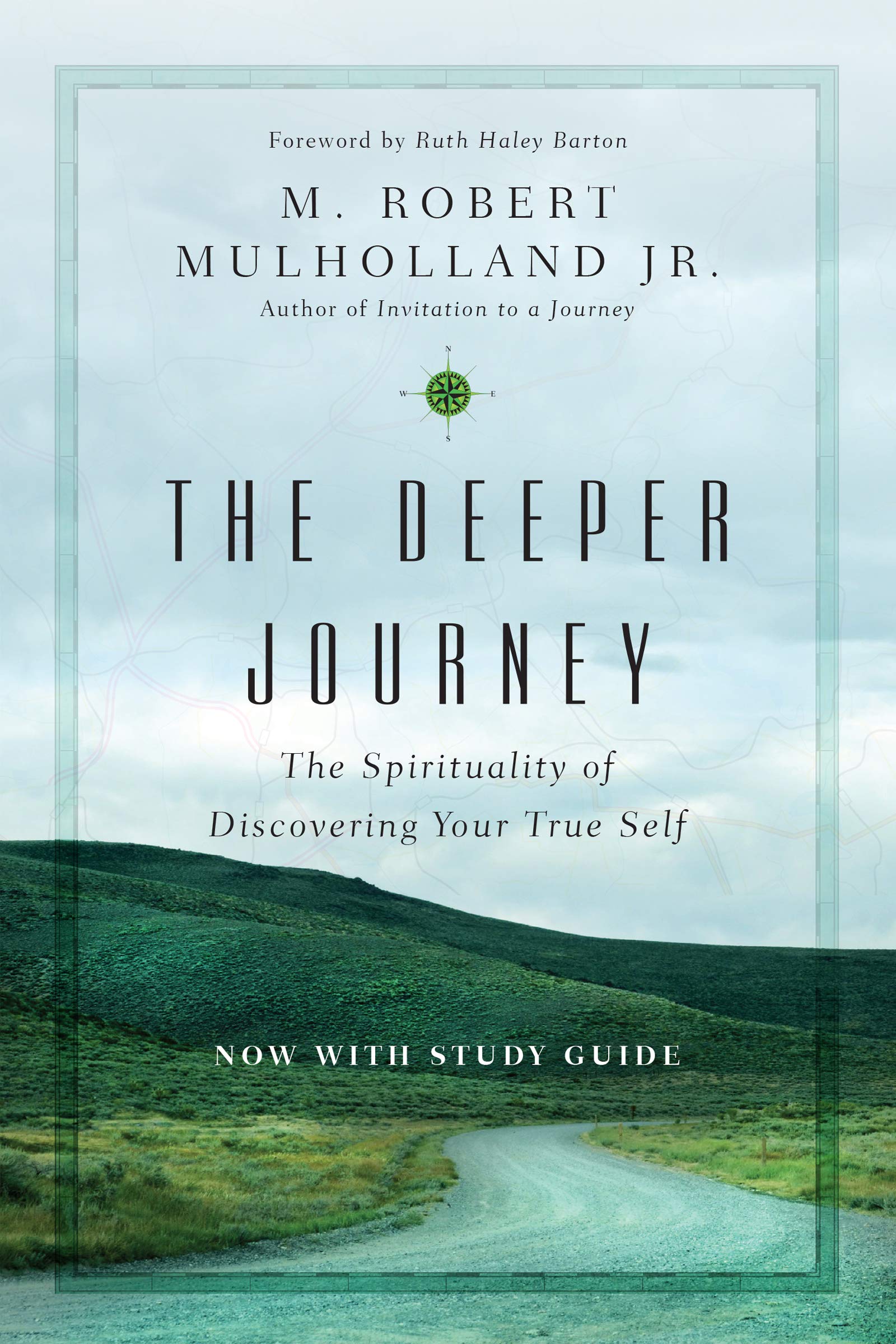
The Deeper Journey
by M. Robert Mulholland Jr.
Submitted by Mac McCarthy
The goal of the Christian life is a loving union with God that results in becoming more like Jesus. If this is the goal, we must reckon with our self-referenced way of being in the world. Mulholland’s summary of the ‘false self’ and ‘religious false self’ is worth reading this alone. If you want to discover the difference between “being in the world for God” vs “being in God for the world”, or how God is waiting to meet you at the place of your false self with cruciform love, get this book!
“To be like Jesus is a matter of both “being” and “doing.” It is being in a relationship of loving union with God that manifests itself in Christlike living in the world.”
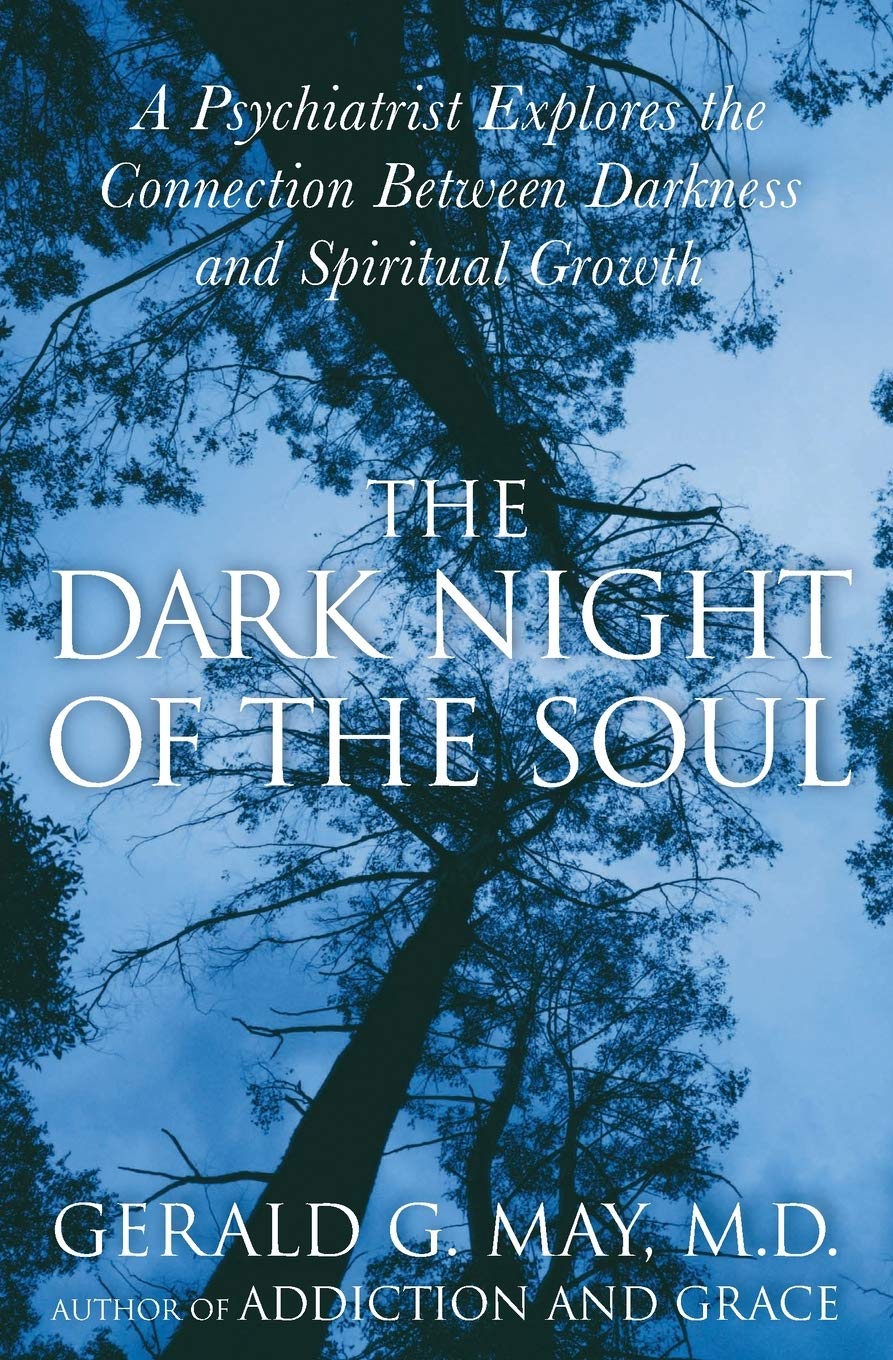
The Dark Night of the Soul
by Gerald G. May, M.D.
Submitted by Cameron Lucas
Nothing is more disorienting and discouraging than when God feels absent (or non-existent) even though you're doing all the 'right things' to connect with him. This book draws on Scripture and the writings of two 16th century Spanish theologians to show that: just because God feels absent doesn't mean he really is, and that some of our greatest spiritual growth can come from learning to lean into the disorientation rather than try and fix it or avoid it. It's a challenging read, but well worth the effort if you're struggling to know how to relate to God when He feels distant.
"Sometimes the only way we can enter the deeper dimensions of the journey is by being unable to see where we're going"

Forgiving What You Can’t Forget
by Lysa TerKeurst
Submitted by Liz Tetting
This book should come with a warning: you will be triggered. I started reading this book for the purpose of leading a group of women towards deeper forgiveness, but God decided to move me towards deeper forgiveness. Be honest with God and allow the Holy Spirit to faithfully lead you through this hard work. Surrender your pain to God and find freedom and a closer walk with him. This book is a great step by step start, and TerKeurst is a helpful guide.
“Freedom from unforgiveness doesn’t mean instant healing for all of the emotions involved. But it does mean those emotions will turn into eventual compassion rather than bitterness.”
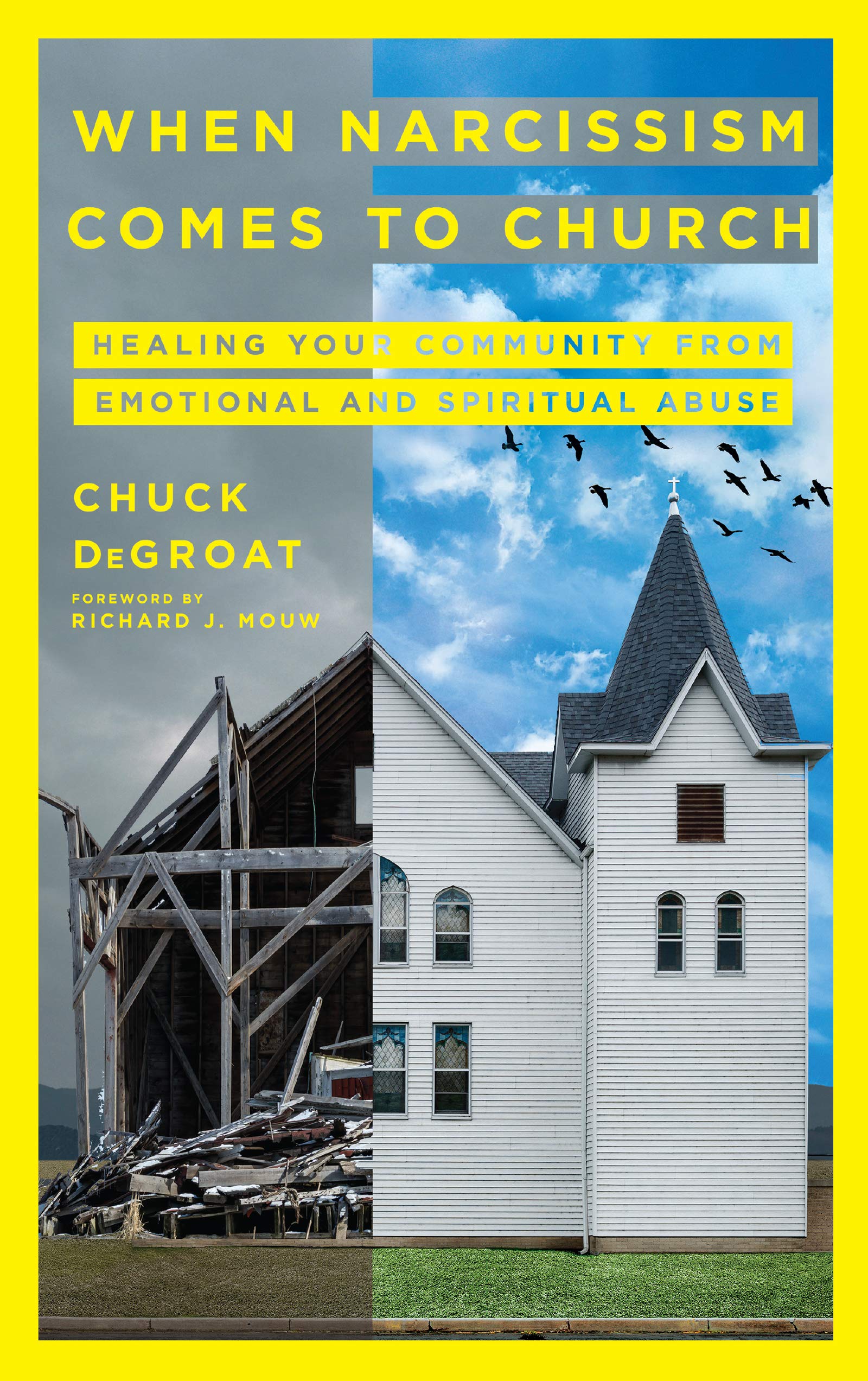
When Narcissism Comes to Church
by Chuck DeGroat
Submitted by Mac McCarthy
There is an urgent need within the church to rethink its leadership. When the primary job of a pastor is to stand on stage with bright lights garnering people’s attention, we should hardly be surprised that we attract leaders who enjoy being the center of attention. Chuck explores this problem with both depth of insight and tender care, while also clarifying a way forward--one where character takes precedence over charisma.
“Ministry leaders and churches today are obsessively preoccupied with their reputation, influence, success, rightness, progressiveness, relevance, platform, affirmation, and power.”
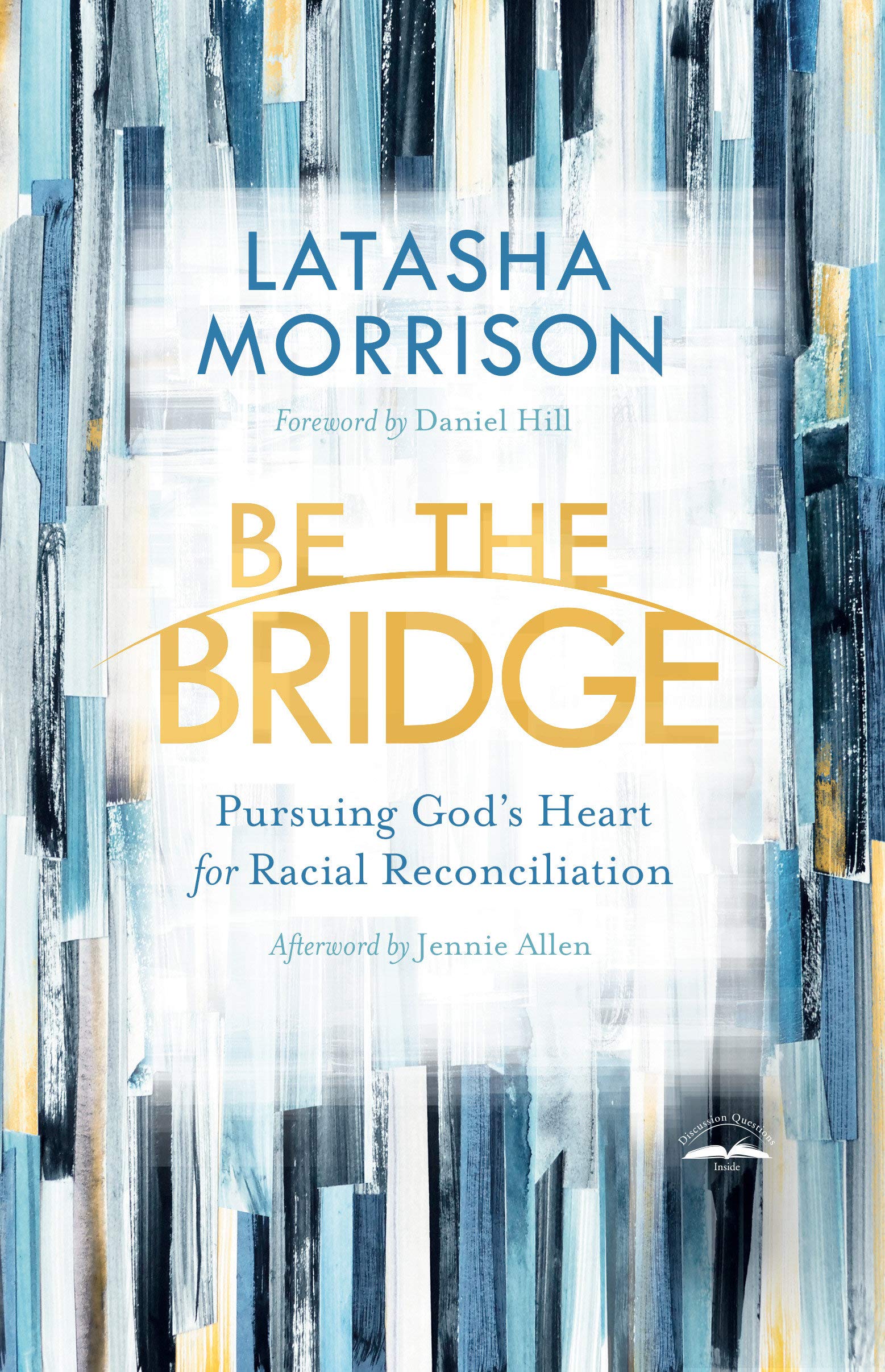
Be The Bridge
by Latasha Morrison
Submitted by Katie Ignatowski
In Be The Bridge, Latasha Morrison shares her own stories of growing up as a person of color in white Christian culture. She walks us through her experiences of learning how to extend empathy and compassion to those who treated her as an outsider and how she used these skills later in life to be a bridge builder. What I most appreciated about this book was how Latasha invites us into the work of racial reconciliation by showing us how God’s heart is for unity, healing, and peacemaking.
“Yes, Christ is with us, and he’s given us his power to participate in bringing his kingdom to earth. He’s given us power to teach, train, and baptize others into the reconciliation of the gospel, which redeems us from sin and draws us into the kingdom work of justice, righteousness, and bridge building in every area of our life, including our relationships with each other.”

After Doubt
by AJ Swoboda
Submitted by Cameron Lucas
AJ Swoboda's book starts with a bold admission: everyone will have seasons of doubt and deconstruction in their faith. Oftentimes religious people try to pretend that it's not true, yet the Bible is very clear that God wants us to honestly work through our struggles, not pretend like they're not there. This book is not going to answer the big questions people have about faith. Instead, it offers helpful advice on how to work through doubts and struggles in a way that actually helps us love and follow God more fully.
"Disillusionment is a gift from the Lord of truth who refuses to rock us to sleep with lies and deceit"

Gentle and Lowly
by Dane Ortlund
Submitted by Pattie Burns
We can intellectually know all the right beliefs about Jesus, but often our thought-life reflects what we truly believe about Him. We often assume that Jesus is disappointed in us, is apathetic or disengaged, that we need to do the right things to bolster our standing with him, or that we’re easy to pass by because there is much deeper suffering that needs his attention. While we believe the right things about Jesus, we miss the heart of Jesus toward us. Ortlund walks us through Scripture and Puritan writings to show us the gentle, lowly, humble, approachable heart of Jesus.
“That place in your life where you feel most defeated, he is there; he lives there, right there, and his heart is for you, not on the other side of it but in that darkness, is gentle and lowly. Your anguish is his home. Go to him. ‘If you knew his heart, you would.’"

Being There for Someone in Grief
by Marianna Cacciatore
Submitted by Cameron Lucas
Loving people well through grief and loss is easily the thing I felt least equipped to do in my role as a pastor and in my personal life. Even though it’s not written from a Christian perspective, this book was incredibly helpful in giving really practical ways to be present to people in their darkest seasons. Get your box of Kleenex ready though. Between the stories shared in the book, and the things it brought up in my personal story, it was one of the most emotionally challenging books I've ever read.
"We all have the capacity to embrace the suffering of someone else...and we learn this by doing it, by courageously facing the sorrows as well as the joys of life, even when it brings up our own painful emotions"
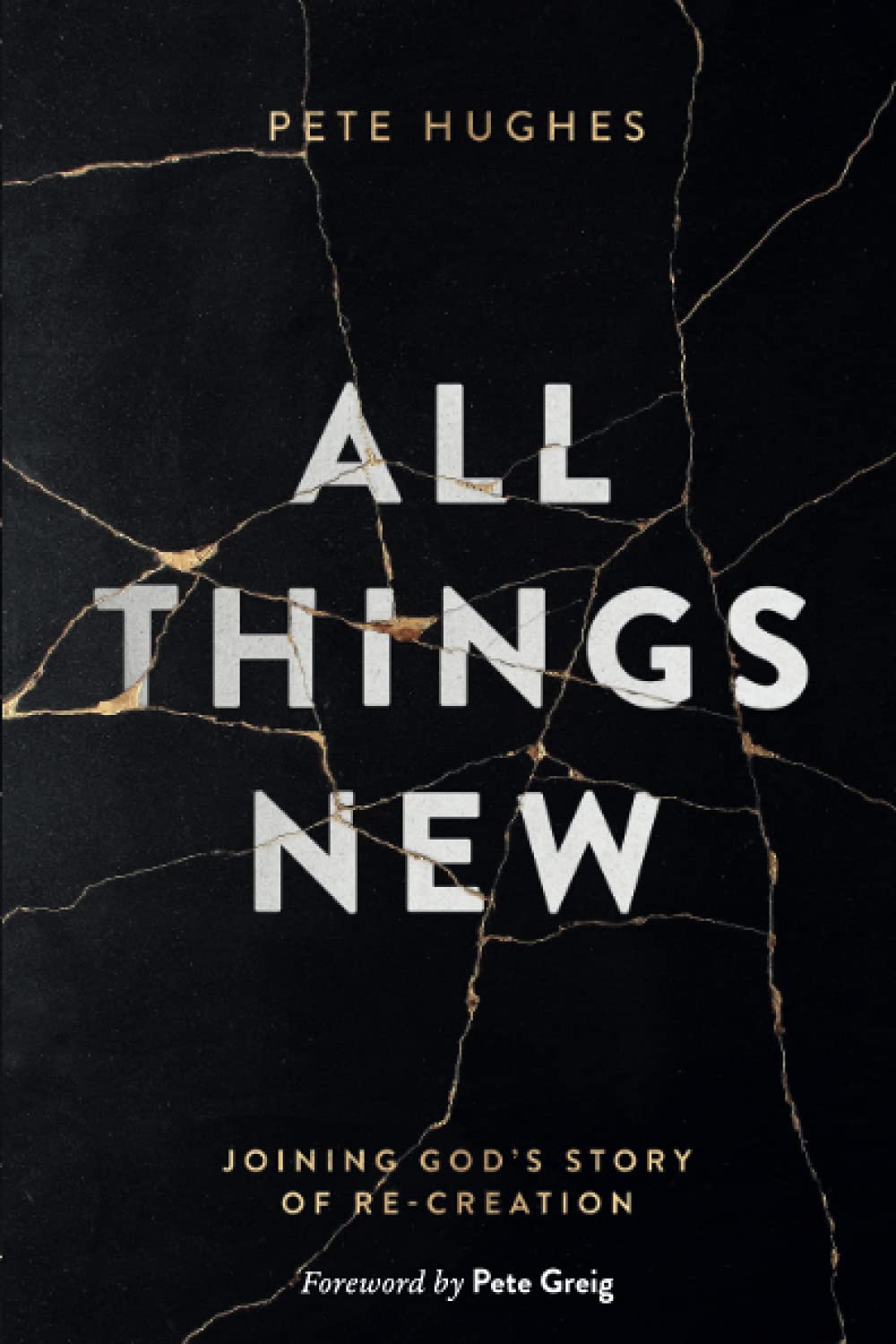
All Things New
by Pete Hughes
Submitted by Katie Ignatowski
Pastor Pete Hughes of King’s Cross Church in London shows us how God is on mission to restore, redeem, and renew all things. He walks through the story of the Israelites in scripture to show how God was constantly meeting them in their sin and bringing beauty out of their brokenness. During a time like the present where we are constantly surrounded by evidence of a fallen world--division, violence, suffering--I believe there is no better message than one of a God who is on a mission to make all things new and invites us into that work with him.
“People are desperately looking for an alternative story. Despair is all around us. Hope deferred makes the heart sick, and people are craving a story that will birth fresh hope and overcome the (home)sickness and despair of our times. The story the world craves is the story we have been entrusted with: the story of God, the story of Jesus, and the story of humanity.”
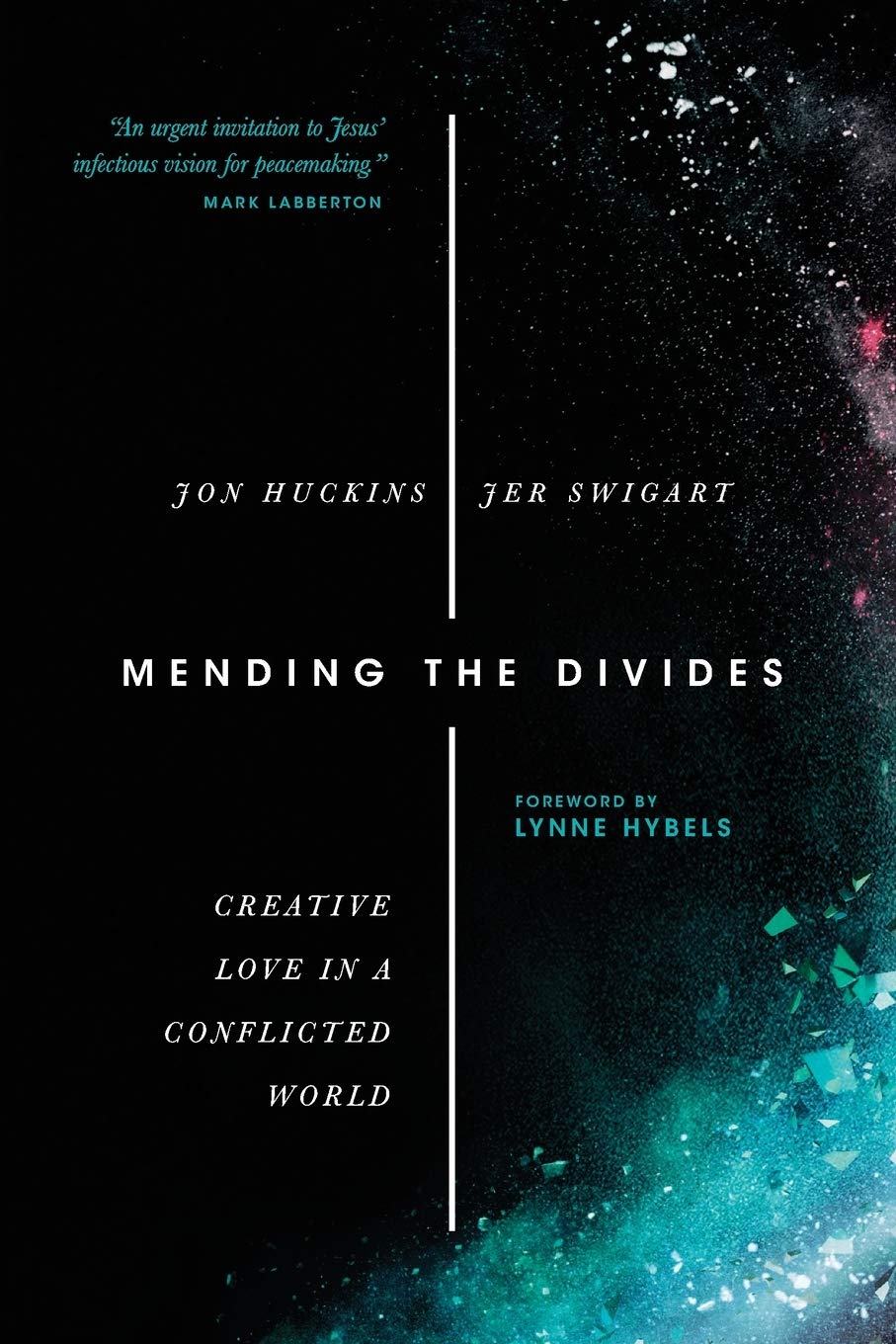
Mending the Divides
by Jon Huckins and Jer Swigart
Submitted by Sarah Jones
For many years, I struggled to grasp what it truly meant to be a peacemaker in the way of Jesus. I believe I even misunderstood what true peace really is, as defined by God. In Mending the Divides, Jon and Jer trace the story of God’s redemptive work in and through his people. They lay out God’s design for reconciliation through Jesus, not only in God’s future, perfect kingdom, but in the here and now; challenging the belief that being a peacemaker is simply an add-on to our discipleship. The authors break down the process of peacemaking into practical steps and encourage readers to put them into practice in their own context. This book challenged me to reconsider what things like justice, peace, enemy, flourishing and reconciliation really look like. The concepts in this book forced me to face difficult questions and deep-rooted beliefs in light of God’s heart for all people.
“God’s mission is the redemption of all things--broken lives, broken relationships, and broken systems.”
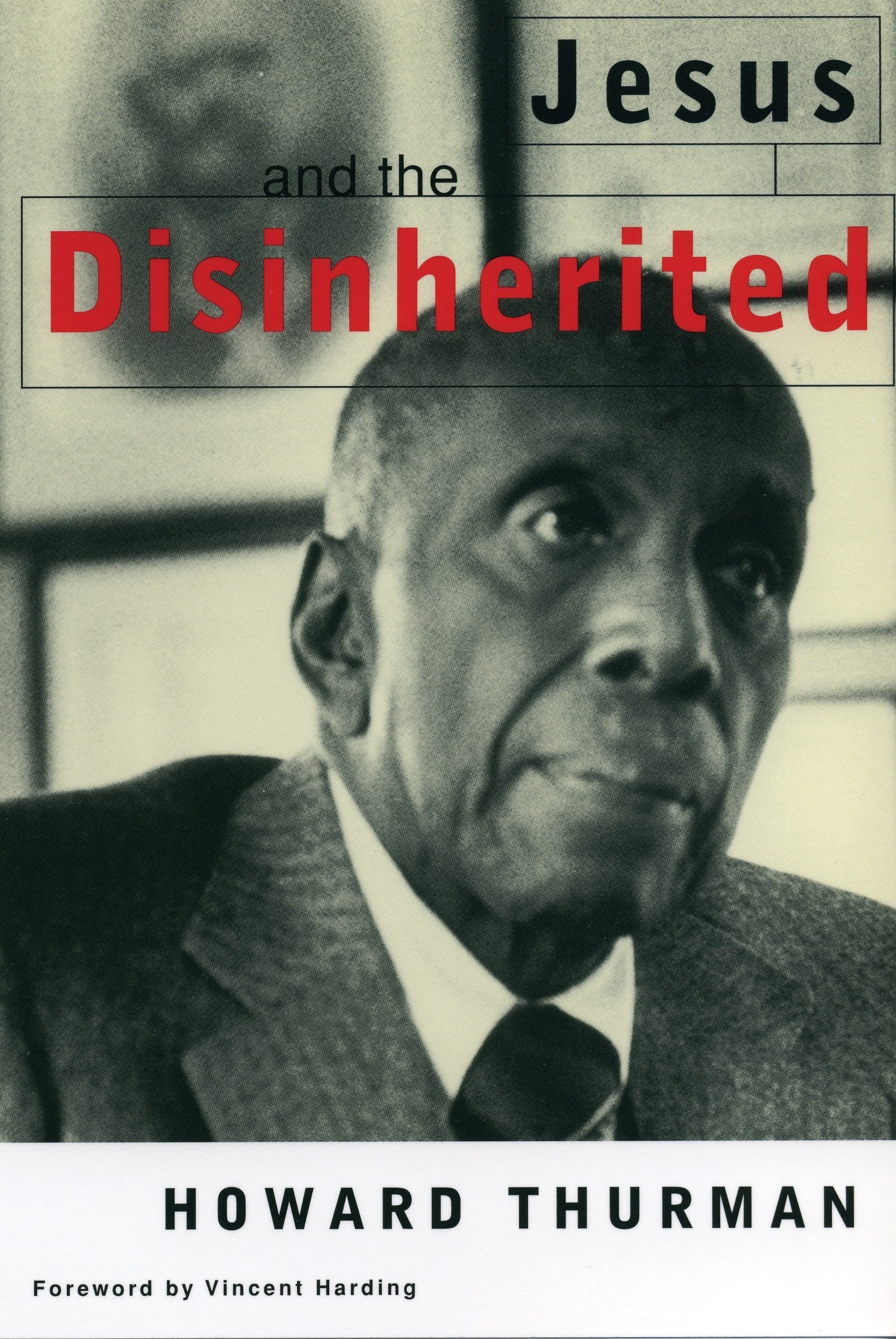
Jesus and the Disinherited
by Howard Thurman
Submitted by Melanie Hammer
Thurman’s prophetic voice invites readers to understand Jesus in his first century context. Jesus was a poor Jewish man, a member of a minority class, living under the oppression of the Roman government. Within this social location, Jesus did not seek to engage the issues of his time by overthrowing the government, establishing himself as High Priest, or seeking power over others. Instead, Jesus demonstrated and taught a radical new way of living under all oppression: focusing on our identity as God’s children, honoring every person’s dignity, rejecting all hatred, and revealing what it means to love one another. This is a book I have returned to often to gain clarity on what it means to follow Jesus faithfully.
“Jesus was scorned and forced to live outside society, yet he advocated a love of self and others that defeats fear and the hatred that decays our souls and the world around us.”
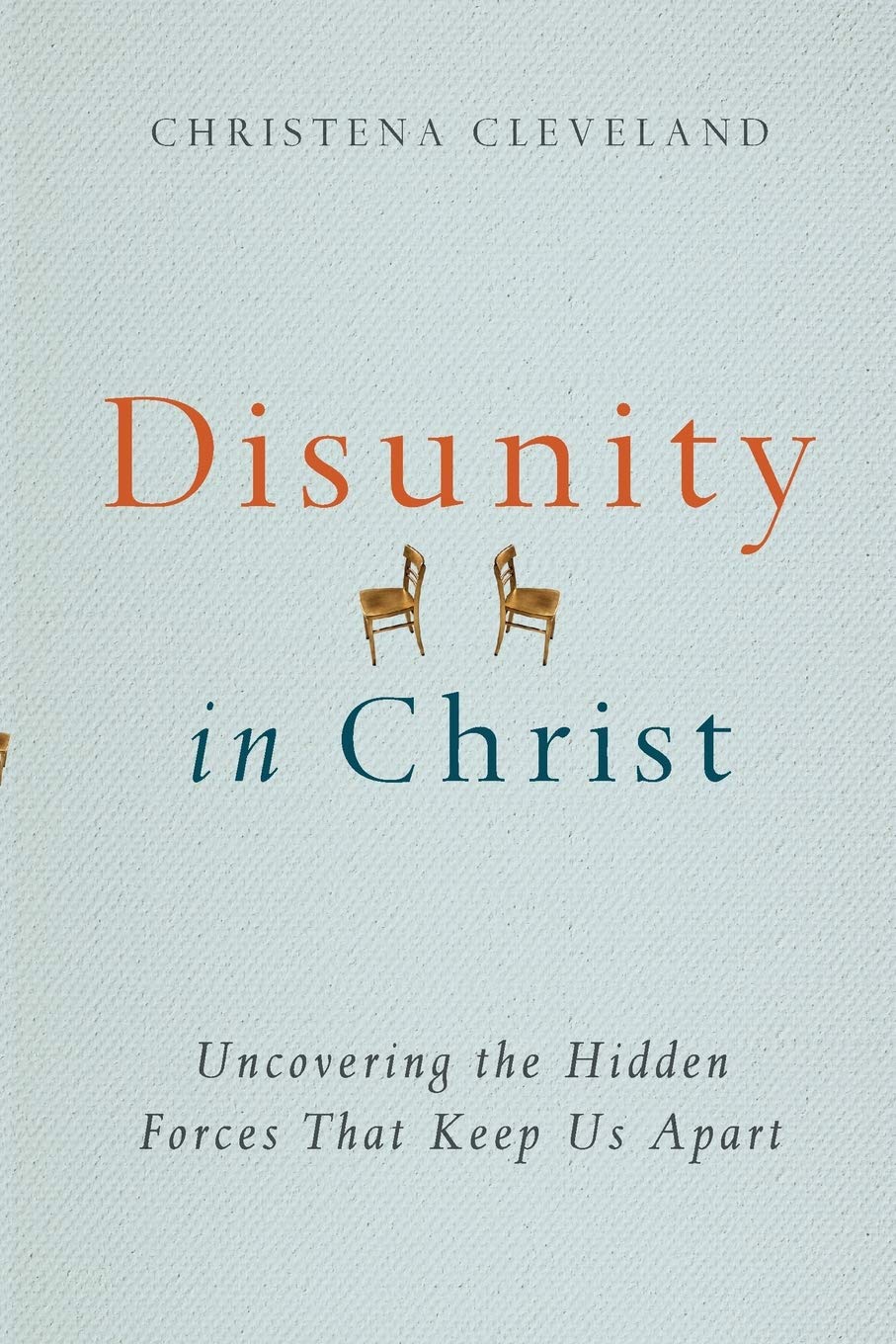
Disunity in Christ
by Christena Cleveland
Submitted by Mac McCarthy
The degree of polarity and division within our culture is absolutely staggering. But this is not just a problem in our culture, it’s a problem within the church. Despite Jesus’ prayer that all Christians would “be one” (Jn. 17), the church has splintered into groups marked by homogeneity. We gravitate toward those who think like us, look like us, live like us, and vote like us. What’s more, we are losing our ability to bridge differences or navitage disagreements charitably. Cleveland not only does an amazing job explaining how these polarities develop, she provides concrete practices to fight for common ground and restore unity.
“If we are a body, then we are one that is afflicted with an autoimmune disease.”
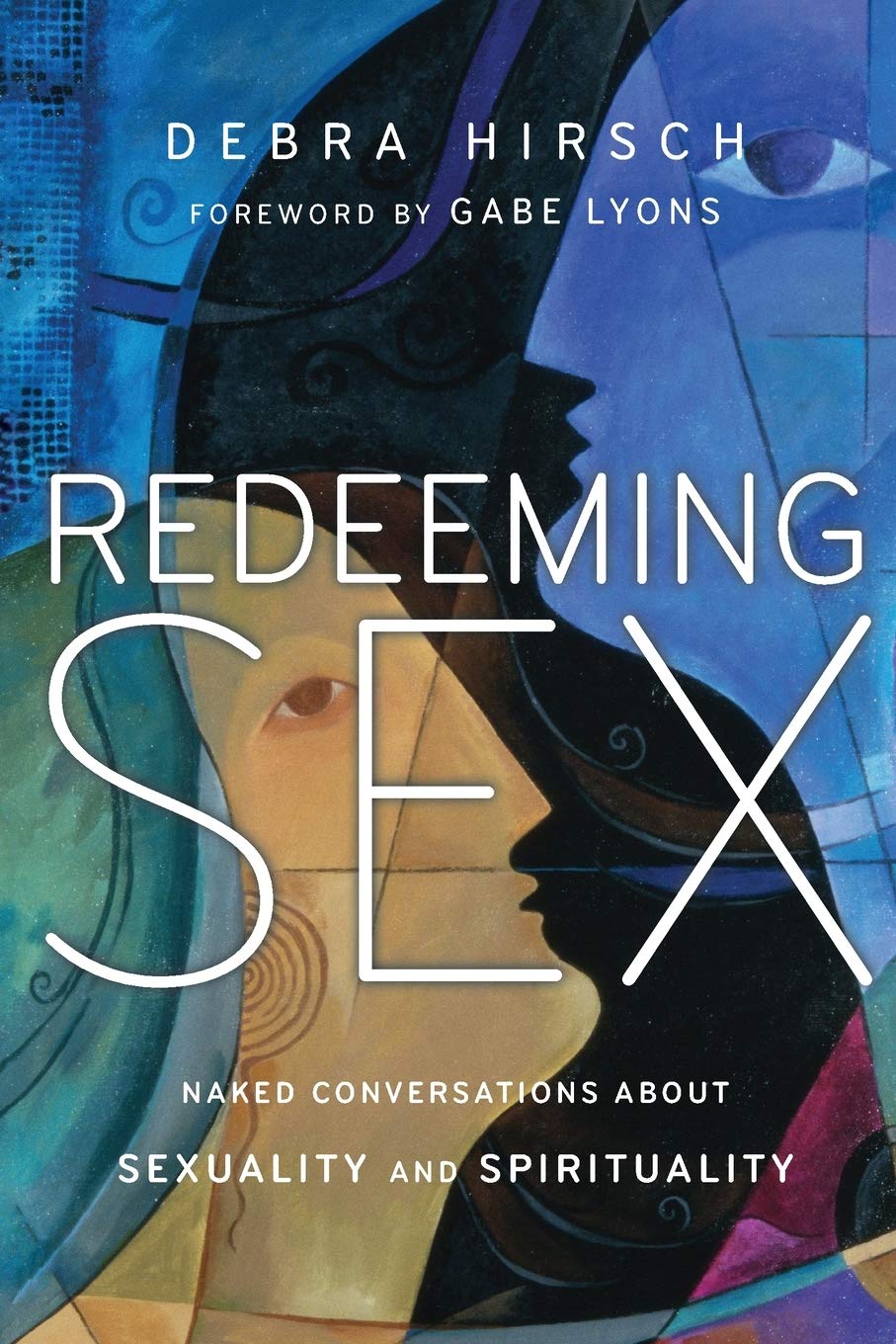
Redeeming Sex
by Debra Hirsch
Submitted by Pattie Burns
From start to finish Debra Hirsch’s book challenges us to think and rethink how we are relating to people. Do we lead with embrace or our theology? Do we fear complicity if we choose proximity to certain people? Or, can we be free to love well, trusting that it is God who does the real work in a person? Much of this book is a discussion of human sexuality, a topic of vital importance today. Above all, it is an invitation and a challenge for the church to see people as Jesus does and to entrust all people to his care.
“Putting the imago Dei first causes us to focus on the greater truths about any person. Seeing like this changes everything. Our role becomes to look for God in them, to call forth the image, to fan it into flame, to help them to both see and become like the One they reflect.”

Atomic Habits
by James Clear
Submitted by Adam Johnson
On the surface, this book has nothing to do with Christianity or theology. However, this book is rich with practical advice that I have found incredibly helpful as I seek to become more like Jesus. Habits are vital to our spiritual formation. As you learn your true identity, the identity that Jesus imparts to us, there is almost always work to be done (habits to be developed) to move our actions and our thoughts toward expressing that identity. This book will set you on a path to creating (or in the case of bad habits, eliminating) small but extremely impactful habits that will help you become not only the person that you want to be, but the person that God designed you to be.
“Every action you take is a vote for the type of person you wish to become. No single instance will transform your beliefs, but as the votes build up, so does the evidence of your new identity.”
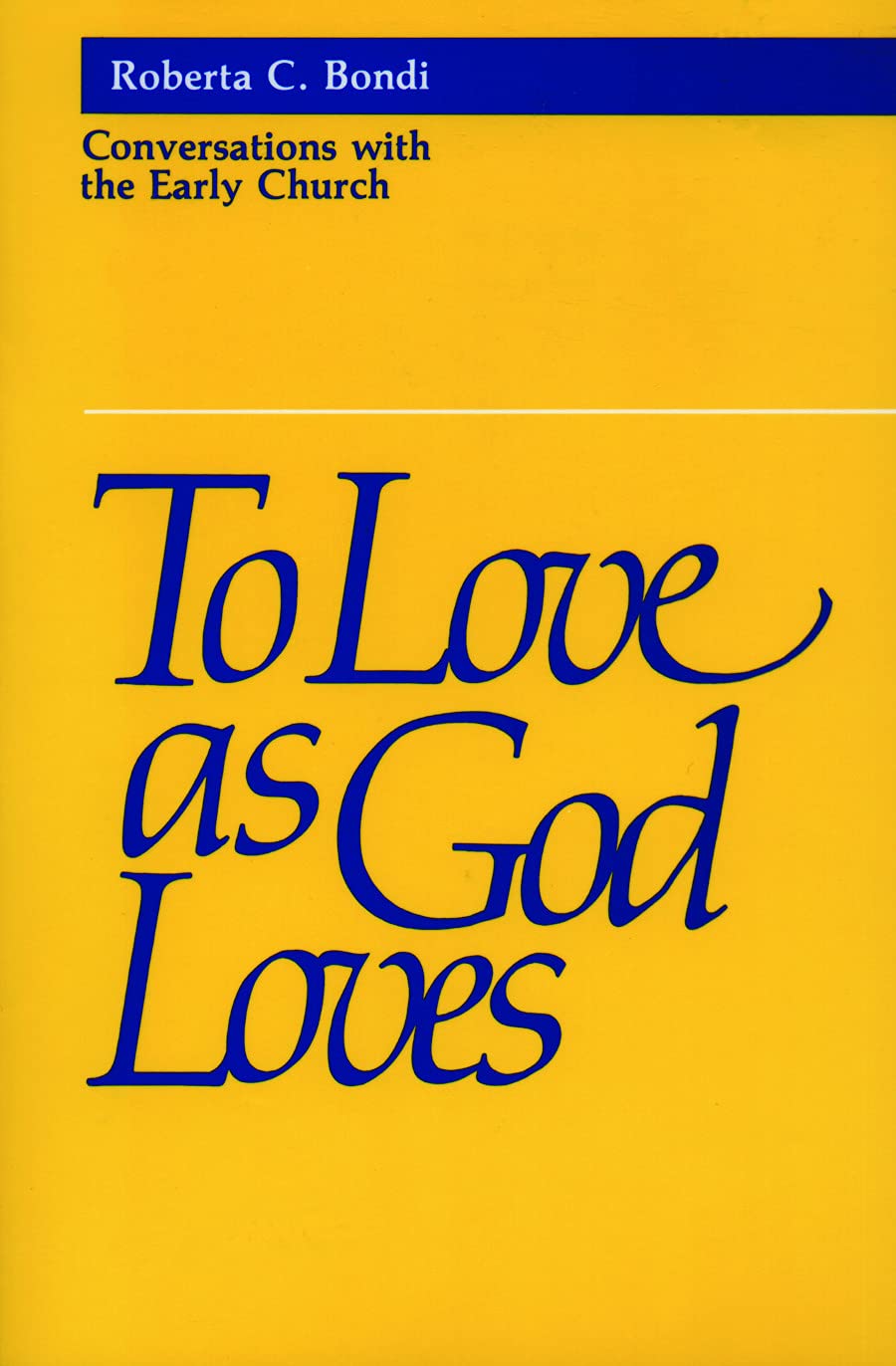
To Love as God Loves
by Roberta C. Bondi
Submitted by Melanie Hammer
This is a brief, yet insightful and transforming look at what it means to be a Christian who loves as Jesus loves. Bondi’s use of illustrations from historic Christian authors, give substance and fullness to what it looks like to love like Jesus. She shows that many early Christians believed they ‘saw people as they really are only when they saw them through the tender and compassionate eyes of God.’ Learning to love like Jesus is a lifelong journey that can only happen through the transforming work of the Holy Spirit. We have much to learn from those who have gone before us, which is one of the greatest gifts of being a part of the body of Christ.
“God’s love is not a warm feeling in the pit of the stomach. It has definite characteristics we learn in the course of our life, in the behavior and teaching of the early monastics, as we ponder over what we say about God as God deals with us, and finally, as we model our own lives on what we have learned.”
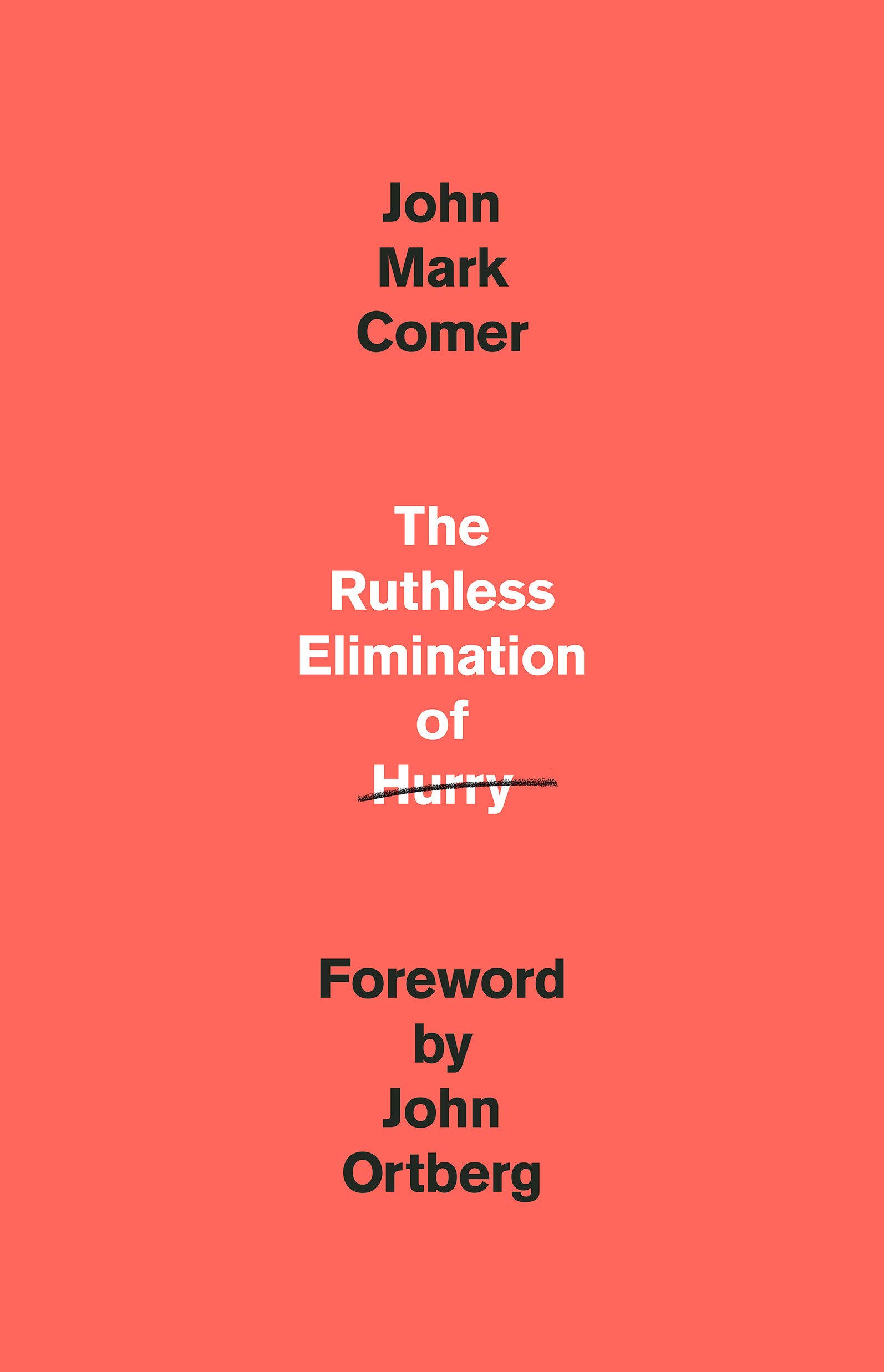
The Ruthless Elimination of Hurry
by John Mark Comer
Submitted by Josiah Shirek
I’ll be honest. I had this book on my shelf for a while and avoided reading it for some time. Knowing the hurried culture we live in and my own habits relating to technology, I knew this would be exposing. This book presents the idea that hurry is the enemy of discipleship. Although modern technology has many benefits, there are spiritually dire consequences to living tethered to the devices most people can’t live without. So many of us live distracted, frantic lives that kill our soul and leave us disconnected from God’s presence. This book is a call to live differently and intentionally as we follow Jesus in our modern world.
“So many people live without a sense of God’s presence through the day. We talk about his absence as if it’s this great question theodicy. And I get that: I’ve been through the dark night of the soul. But could it be that, with a few said exceptions, we’re the ones who are absent, not God? We sit around sucked into our phones or TV or to-do lists, oblivious to the God who is around us, with us, in us, even more desirous than we are for relationship.”

.jpeg)

